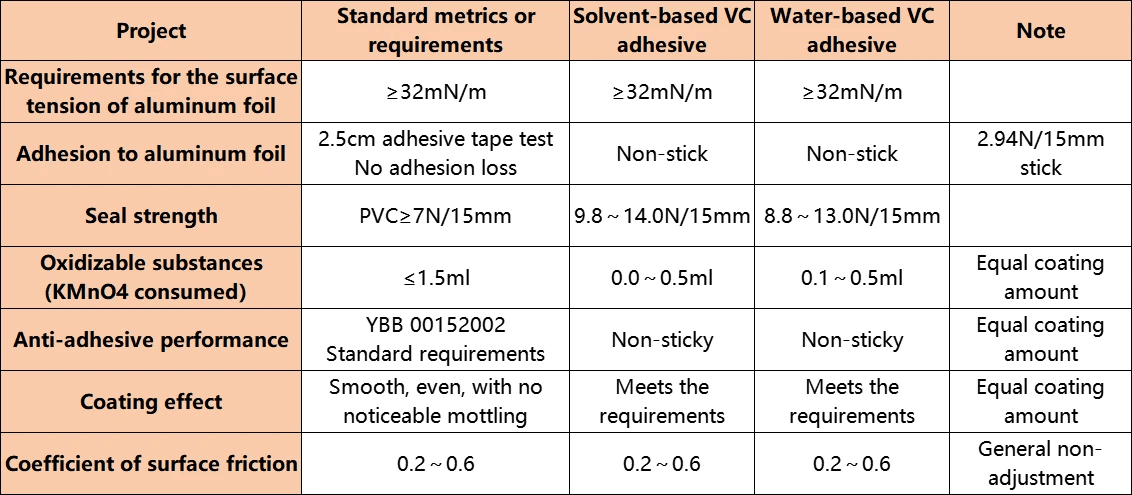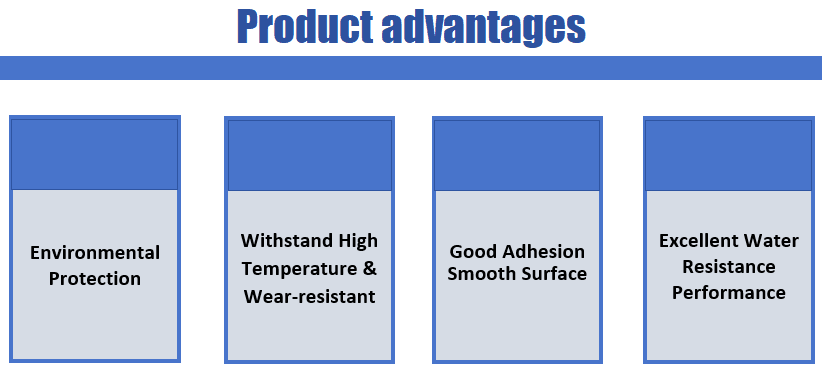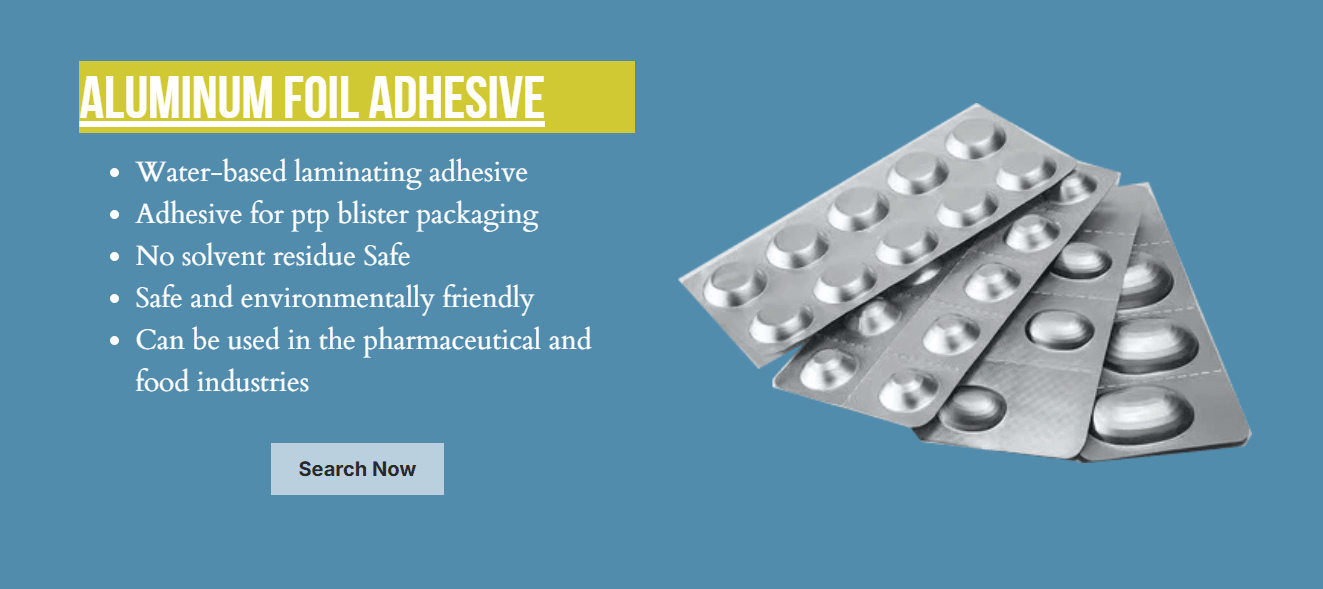Introduction

In the world of construction and DIY projects, understanding bonding agents is crucial for achieving strong, lasting connections between materials. A bonding agent acts as the glue that holds everything together, but not all adhesives are created equal. With a plethora of options available, knowing what is an example of a water-based adhesive or how it compares to solvent-based adhesives can make all the difference in your project's success.
Understanding Bonding Agents
Bonding agents are substances used to create adhesion between different materials, ensuring they stick together effectively. These agents come in various forms, including liquid bonding agents and water-based options that cater to specific needs and applications. For instance, Hydroment Bonding Aid is a popular choice among professionals looking for reliable performance in tile installations and other construction tasks.
Importance of Choosing the Right Adhesive
Choosing the right adhesive can significantly impact the durability and effectiveness of your project. Whether you’re wondering if bonding liquid is water-based or trying to decide between water-based vs solvent-based adhesives, making an informed decision will save you time and resources in the long run. The wrong adhesive can lead to failures down the line, making it essential to understand each option's characteristics before committing.
Overview of Key Options
When exploring bonding agents, it's important to consider both water-based and solvent-based adhesives as key options in your toolkit. Water-Based Bonding Agents are often favored for their ease of use and environmentally friendly properties; meanwhile, solvent-based adhesives may provide stronger bonds under certain conditions but come with their own set of challenges. By familiarizing yourself with these choices—alongside specific products like Hydroment Bonding Aid—you'll be well-equipped to tackle any project effectively.
What is a Bonding Agent?

Bonding agents are essential substances used to create adhesion between different materials. They play a crucial role in construction and manufacturing, ensuring that components stay securely attached under various conditions. Understanding what a bonding agent is can help you make informed decisions about which type to use for your projects.
Definition and Importance
A bonding agent is a material that enhances the adhesion between two surfaces, often improving the strength and durability of the bond. These agents are especially important in construction, where structural integrity relies on reliable connections between materials. Without an effective bonding agent, projects may suffer from weak joints that could lead to costly repairs or failures down the line.
Types of Bonding Agents
There are several types of bonding agents available on the market today, each designed for specific applications and materials. Water-based bonding agents are popular for their ease of use and environmental benefits, while solvent-based options offer strong adhesion for more demanding tasks. Additionally, liquid bonding agents like Hydroment Bonding Aid provide unique properties tailored to specific needs in construction.
Common Applications in Construction
In construction, bonding agents find their way into various applications, ranging from tile installation to concrete repair. For instance, water-based adhesives can be used effectively with porous substrates such as wood or drywall due to their excellent penetration properties. On the other hand, liquid bonding agents are often chosen for their ability to create robust bonds in challenging environments where moisture or temperature fluctuations may occur.
Water-Based Adhesives Explained

Water-based adhesives are becoming increasingly popular in various industries due to their versatility and ease of use. These adhesives utilize water as the primary solvent, making them an excellent choice for many applications. Understanding the nuances of water-based bonding agents can help you make informed decisions for your projects.
What is an example of a water based adhesive?
One common example of a water-based adhesive is PVA (polyvinyl acetate) glue, often found in schools and craft stores. This type of bonding agent is favored for its non-toxic nature and strong adhesion capabilities on porous surfaces like wood, paper, and fabric. Another notable example is Hydroment Bonding Aid, which provides exceptional performance in tile installations while remaining user-friendly.
Advantages of Water-Based Options
Water-based options come with several advantages that make them appealing to both professionals and DIY enthusiasts alike. Firstly, they are typically less toxic than their solvent-based counterparts, making them safer for indoor use and easier to clean up with just soap and water. Additionally, these adhesives often dry clear, providing a neat finish that doesn’t compromise aesthetics—perfect for projects where appearance matters.
Furthermore, using a water-based bonding agent can be beneficial from an environmental standpoint; they generally release fewer volatile organic compounds (VOCs), contributing to better indoor air quality. This characteristic makes them suitable for sustainable building practices and eco-conscious consumers looking to minimize their carbon footprint.
Is bonding liquid water based?
Yes, when discussing whether bonding liquids are water-based or not, it’s essential to clarify that many modern bonding agents utilize water as a solvent or carrier fluid. For instance, Hydroment Bonding Aid is specifically designed as a liquid bonding agent that combines effective adhesion properties with a user-friendly application process. By choosing products labeled as water-based, you can ensure you're opting for solutions that align with contemporary standards in safety and environmental responsibility.
In summary, understanding what constitutes a water-based adhesive can help clarify its practical applications in construction or crafting scenarios while highlighting the benefits over traditional options.
Comparing Water-Based and Solvent-Based Adhesives

When it comes to bonding agents, understanding the differences between water-based and solvent-based adhesives is crucial for effective application. Water-based adhesives use water as a primary solvent, making them easier to clean and generally safer for indoor use. In contrast, solvent-based adhesives contain organic solvents, which can provide stronger bonds but may release volatile organic compounds (VOCs) into the air.
What is water based vs solvent-based adhesives?
Water-based adhesives are typically made from polymers dispersed in water, such as polyvinyl acetate (PVA), which is a common example of a water based adhesive. On the other hand, solvent-based adhesives include a variety of resins dissolved in organic solvents that evaporate during drying, creating a strong bond between surfaces. Understanding what is water based vs solvent-based adhesives helps you choose the right type for your project—whether you're looking for ease of cleanup or superior adhesion strength.
Pros and Cons of Each Type
Water-based bonding agents have several advantages; they are non-toxic, low in VOCs, and easy to clean with just soap and water. However, they may not perform as well in high-moisture environments compared to their solvent counterparts. Solvent-based options can create incredibly strong bonds suitable for heavy-duty applications but come with drawbacks like longer drying times and potential health hazards due to harmful fumes.
Conversely, while using a liquid bonding agent like Hydroment Bonding Aid offers exceptional adhesion capabilities in specific applications—especially where moisture resistance is needed—it also requires proper ventilation during use due to its solvent content. Ultimately, weighing the pros and cons of each type will guide you toward selecting the most appropriate adhesive for your needs.
When to Choose Each Adhesive
Choosing between water-based and solvent-based adhesives depends on various factors including application environment, material compatibility, and personal safety considerations. If you're working indoors or on projects involving children or pets where safety is paramount, opting for a Water Based Bonding Agent makes perfect sense due to its lower toxicity levels. Conversely, if you're tackling an outdoor project or need maximum durability against harsh conditions—like heavy machinery or extreme temperatures—a solvent-based adhesive might be your best bet.
In summary, understanding when to choose each adhesive type can significantly impact your project's success; whether you go with something easy on the environment like a liquid bonding agent or something robust like Hydroment Bonding Aid will depend on your specific requirements.
Exploring Liquid Bonding Agents

Liquid bonding agents are essential tools in various construction and manufacturing processes, providing strong adhesion between surfaces. They are typically formulated to enhance the bond strength of materials and improve overall performance. Understanding what a liquid bonding agent is can help you make informed decisions about the right adhesive for your project.
What is a liquid bonding agent?
A liquid bonding agent is a substance that enhances adhesion between surfaces, often used in construction and repair applications. These agents can be water-based or solvent-based, depending on their formulation, and they serve to create a robust bond that withstands environmental stresses. For example, when asking What is an example of a water based adhesive?, one might consider PVA glue or acrylic emulsions, which fall under the category of liquid bonding agents.
Liquid bonding agents work by penetrating porous materials or creating a film that promotes better contact between surfaces. This type of adhesive can be particularly beneficial when working with substrates like wood, concrete, or masonry. Additionally, the question Is bonding liquid water based? often arises; many modern formulations are indeed water-based due to their lower environmental impact and ease of use.
Popular Brands and Products
When it comes to selecting a reliable liquid bonding agent, several popular brands stand out in the market for their quality and effectiveness. Among these brands are Liquid Nails, Titebond, and Sika—all known for producing high-performance adhesives suitable for various applications. These products showcase different formulations tailored to specific needs while ensuring strong adhesion.
For instance, Titebond III is renowned as a waterproof wood glue that fits seamlessly into both indoor and outdoor projects—proving its versatility as a liquid bonding agent. Similarly, Sika's Sikaflex line offers polyurethane adhesives designed for construction projects requiring flexibility and durability against harsh conditions. These brands exemplify how choosing the right product can significantly influence project outcomes.
Moreover, Hydroment Bonding Aid deserves special mention among popular products due to its unique properties tailored for tile installation—making it an indispensable tool in tile setting scenarios where strong bonds are crucial.
Hydroment Bonding Aid in Detail
Hydroment Bonding Aid stands out as an exceptional water-based bonding agent specifically designed for tile installations on various surfaces like drywall or cement backer board. This product not only enhances adhesion but also improves the bond strength of mortars used during tiling projects—ensuring tiles stay securely in place over time.
One key feature of Hydroment Bonding Aid is its ability to work effectively with both thin-set mortars and grouts while offering flexibility regarding application methods—whether rolling or brushing onto surfaces before tile placement works seamlessly with this product's formulation.
In summary, Hydroment Bonding Aid exemplifies how innovative solutions within the realm of liquid bonding agents can elevate your project's success by providing reliable performance across diverse applications while adhering firmly to industry standards.
Sustainable Choices: Chemix's Water-Based Resin Solution

In an era where eco-friendliness is more than just a buzzword, Chemix's water-based resin solution stands out as a game-changer in the bonding agent market. This innovative product not only meets the rigorous demands of construction and manufacturing but also prioritizes sustainability. By choosing a water-based bonding agent like Chemix, users can enjoy superior performance while minimizing their environmental footprint.
Features of Chemix's Water-Based Resin
Chemix’s water-based resin boasts several key features that make it an excellent choice for various applications. First and foremost, it provides exceptional adhesion properties, ensuring that materials bond securely without compromising integrity. Additionally, this liquid bonding agent dries clear and offers excellent flexibility, making it ideal for both indoor and outdoor projects where aesthetics matter.
Moreover, one of the standout characteristics of this water-based adhesive is its low VOC (volatile organic compounds) content. This means that when you ask, Is bonding liquid water based? you can trust that Chemix’s solution is not only effective but also safer for both users and the environment. With easy cleanup using just soap and water, it's no wonder this product has become a favorite among professionals seeking reliable yet sustainable options.
Benefits for the Environment
Choosing Chemix's water-based resin solution comes with significant benefits for the environment—something every conscientious builder or DIYer should consider. Unlike solvent-based adhesives that release harmful chemicals into the atmosphere during application and curing processes, this water-based bonding agent minimizes air pollution significantly. By reducing VOC emissions, it contributes to healthier indoor air quality and less environmental degradation overall.
Additionally, using such eco-friendly products helps promote sustainable practices within industries that are traditionally heavy on resource consumption. As consumers become more aware of their choices' ecological impacts, opting for a product like Hydroment Bonding Aid—which aligns with these values—becomes increasingly attractive. In essence, every tube or container purchased represents a small step towards greater sustainability in construction practices.
Applications in Diverse Industries
The versatility of Chemix’s water-based resin extends across numerous industries beyond construction alone; it's truly a jack-of-all-trades! From woodworking to textile manufacturing and even arts & crafts projects at home, this liquid bonding agent proves its worth time and again by providing strong bonds without compromising safety or performance standards. When considering what is water based vs solvent-based adhesives in terms of application scope, it's clear that Chemix offers unmatched flexibility.
In construction specifically, contractors often rely on this type of adhesive when working with porous materials like wood or concrete due to its ability to penetrate surfaces effectively while maintaining structural integrity over time. Furthermore, its use in creative sectors—such as model-making or fabric crafting—demonstrates how adaptable this product truly is across various contexts where reliable adhesion is paramount.
Conclusion
In the world of construction and crafting, bonding agents play a pivotal role in ensuring materials stick together effectively. Understanding the nuances of different types of adhesives, such as water-based and solvent-based options, is essential for achieving optimal results in any project. Whether it’s exploring what is a liquid bonding agent or diving into specifics like Hydroment Bonding Aid, making informed choices can make all the difference.
Key Takeaways on Bonding Agents
Bonding agents are not just simple adhesives; they are crucial components that determine the success of various applications in construction and beyond. A solid understanding of what is water based vs solvent-based adhesives will help you choose the right product for your needs. Remember that a water-based bonding agent often offers benefits like easier cleanup and reduced environmental impact compared to traditional solvents.
The Role of Water-Based Options
Water-based options have gained popularity due to their eco-friendliness and versatility across multiple industries. For instance, when asking what is an example of a water based adhesive, one might consider products like PVA glue or specific formulations designed for tile installation—such as Hydroment Bonding Aid. As we shift towards sustainable practices, these water-based bonding agents provide effective solutions without compromising performance.
Making the Right Choice for Your Project
Choosing the right adhesive involves considering factors like application type, environmental conditions, and material compatibility. If you're pondering whether is bonding liquid water based, remember that many modern adhesives offer this feature while ensuring strong bonds without harsh chemicals. Ultimately, understanding your project's unique requirements will guide you toward selecting the best bonding agent—whether it’s a robust liquid bonding agent or an innovative water based bonding agent that meets your needs.
